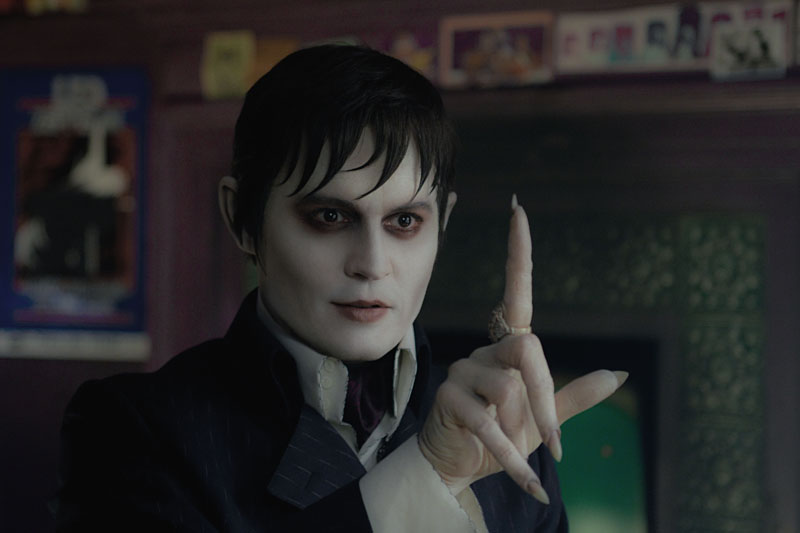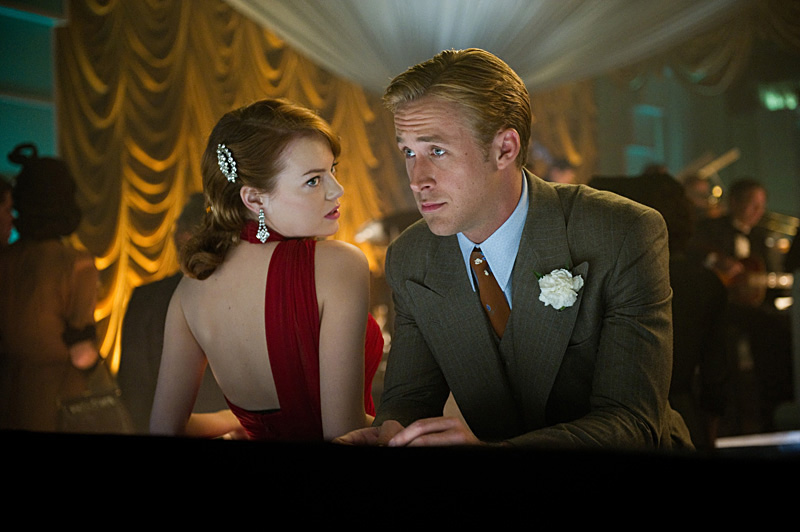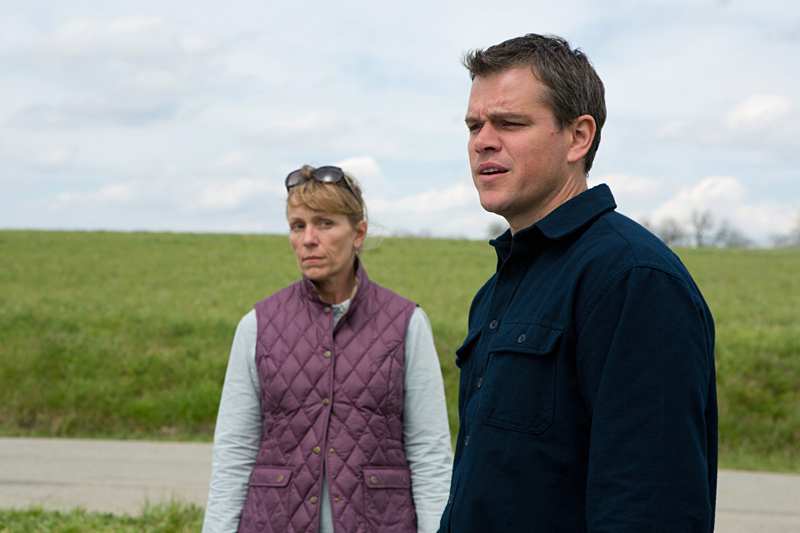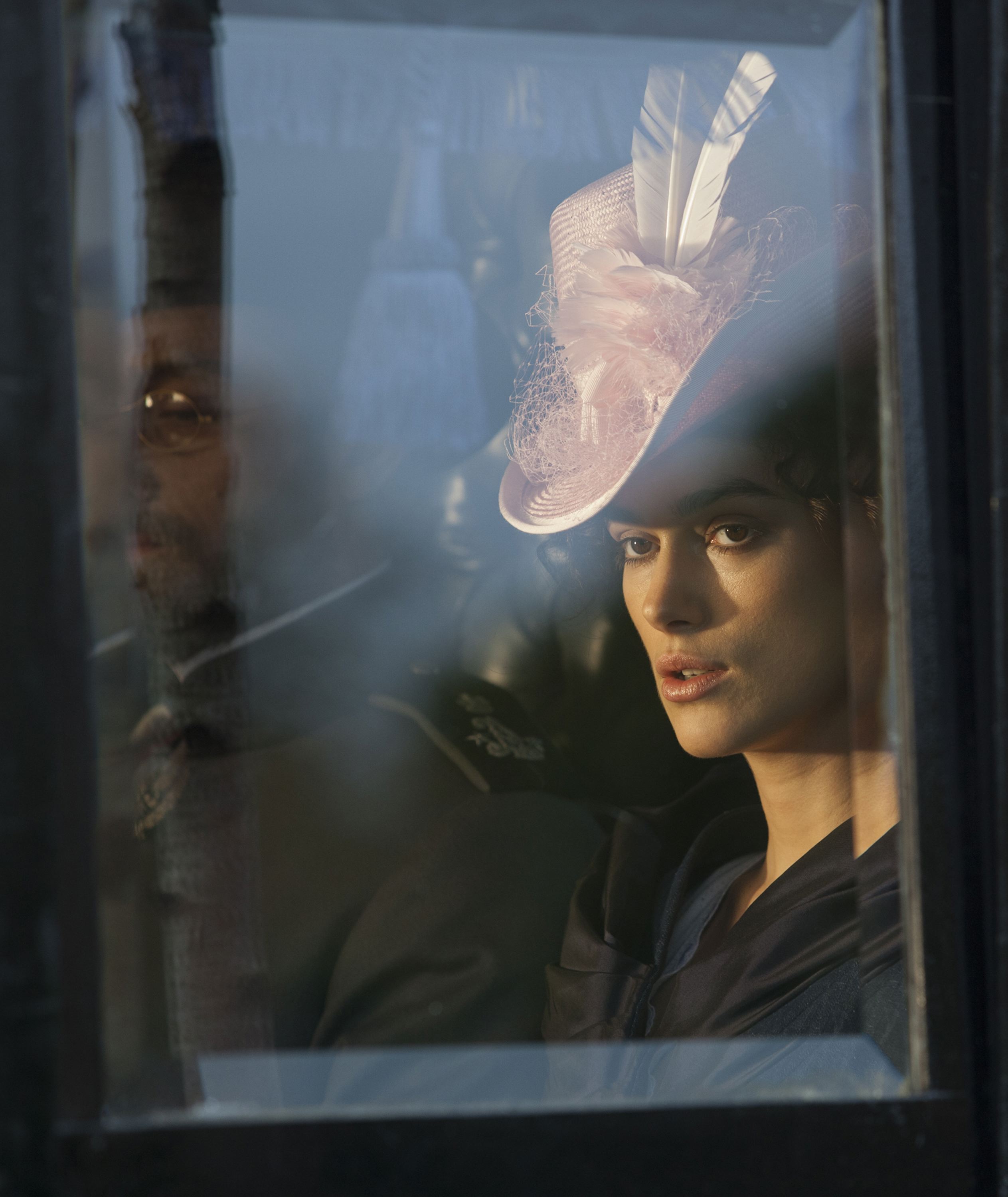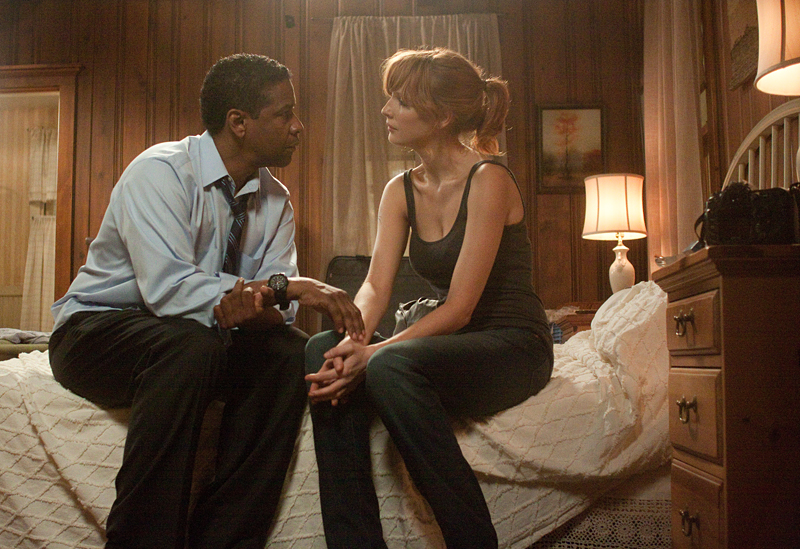Dark Shadows slips the “Tim Burton treatment” to the supernaturally themed daytime soap of the same name, which aired daily on ABC from 1966 to 1971. Burton standby Johnny Depp fills the central role of vampire Barnabas Collins, which begins with a prologue revealing the origin of the Collins curse. Leaving Liverpool, a still-mortal Barnabas arrives with his parents in colonial-era Maine, where they build a commercial empire and establish the family seat, Collinwood Mansion. As a young man, Barnabas is torn between two loves—lowly servant Angelique (Eva Green) and hypergamous fiancée Josette (Bella Heathcote)—and winds up with neither, for the spurned Angelique practices black magic, hexing Josette to death and Barnabas to endless suffering as a vampire, imprisoned in a chained-up coffin and buried (eternally) alive. The bulk of Dark Shadows, however, takes place in 1972, after Barnabas has been accidentally exhumed, to resume the head of his dysfunctional family of descendants. More than its gothic tropes, Burton’s Dark Shadows is committed to fish-out-of-water material— culture-clash humor that rummages through the collective thrift-store memory of the ’70s and relies on slow-pitch, wasn’t-the-past-dumb humor. In the midst of all this is an unusually dandy bit of dress-up from Depp, weaving his elongated Nosferatu fingers through the air, recalling 1994’s Ed Wood. That movie is still by far Depp and Burton’s best collaboration, exhibiting the balance of tone, between campy parody and zealous fantasy, that’s missing in Dark Shadows, less a resurrection than a clumsy desecration.
Dark Shadows: Johnny Depp in a Non-Pirate Role for Once
